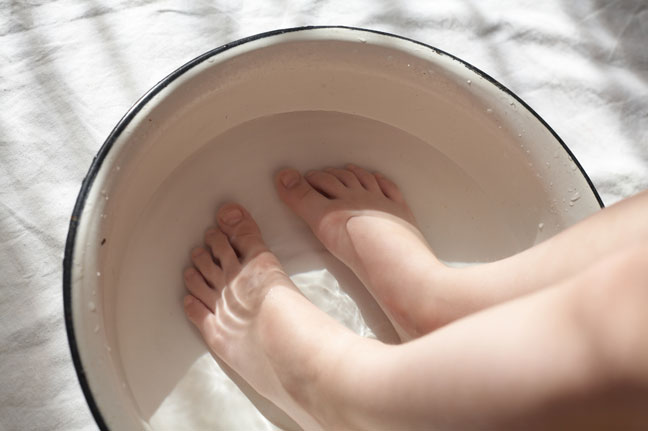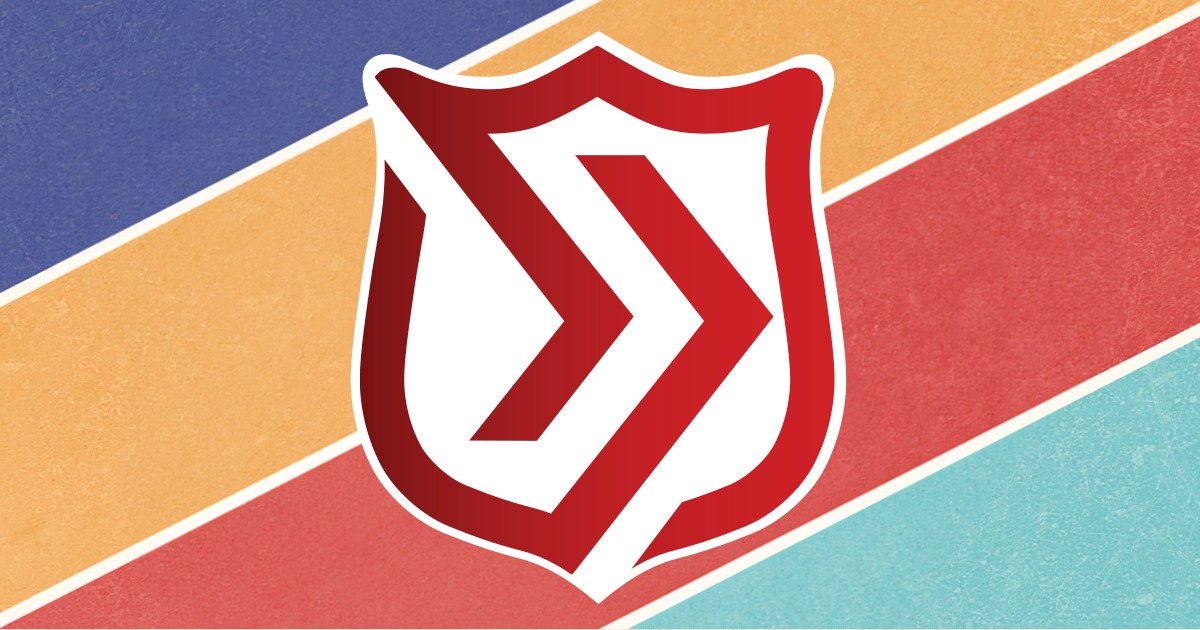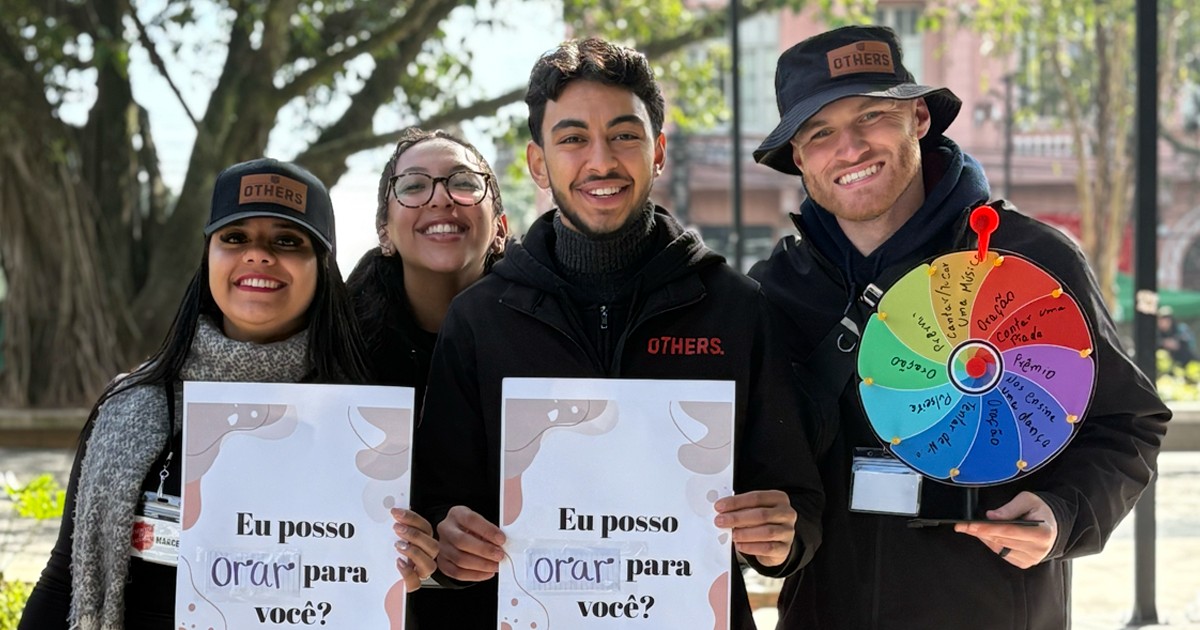He walks to the front with a basin of warm, soapy water and a washcloth. “I'd like to do something special today,” he says to the kids. “I'd like to wash your feet. Is that okay with you?” Wiggling with nervous energy, their legs hanging over the edge of the mercy seat, they nod their heads. They feel somewhat uneasy about their dad washing their feet in the presence of the entire church community. Later, one of the women in the congregation shared that she felt anxious, hoping she would not be asked to remove her socks and shoes.
My husband washes and dries the children's feet as he tells the story of Jesus washing the dirt-caked feet of his disciples at their last meal together. This story reminds us that we are to serve each other, because Jesus, the King, served first. The kids seem to understand and go off to their Sunday school class. The rest of the congregation continues to reflect on the Scripture passage and the command to serve.
We are to serve each other, because Jesus, the King, served first
In one sense, this is an easy passage for teaching about service. It is concrete. The context is easily explained. It provides a concise and clear instruction: “You also should wash one another's feet” (John 13:14). But there is another sense in which this passage is as difficult and uncomfortable as the act itself. Perhaps it is in this uncomfortable tension that we find the heart of what is commonly known as Maundy Thursday—the Christian remembrance of Jesus' last moments in community with his closest followers.
The conversation around the table of this final meal was anything but lighthearted. Not only did Jesus insist on doing the work of a servant, he asked his disciples to expose their tired, calloused, filthy feet for cleansing. And this was just the beginning. He went on to invite the disciples to take a close look at their hearts and intentions, as tired, calloused and filthy as they may be. He spoke of betrayal and denial, of death and the unknown. The tension in the room must have been palpable.
As we approach the Easter weekend, I wonder how our view of the events of Good Friday and Easter Sunday would change if we allowed ourselves to experience the tension and introspection of Thursday. Though we may never be able to experience the discomfort and challenge of the conversation at the last supper, perhaps we can put ourselves in the sandal-less feet of the disciples by entering into the uneasiness of washing each other's feet. If we are able to put aside the typical thinking about service, maybe we can sit in the awkward discomfort of baring our own tired, calloused and even filthy feet and hearts to each other and to the King. Maybe humbling ourselves in this way will prepare us to accept not only the service of the King, but also the sacrifice of the King in the days to come.
Lieutenant Ruth Hickman is the corps officer at High Point Community Church in Victoria.










Leave a Comment